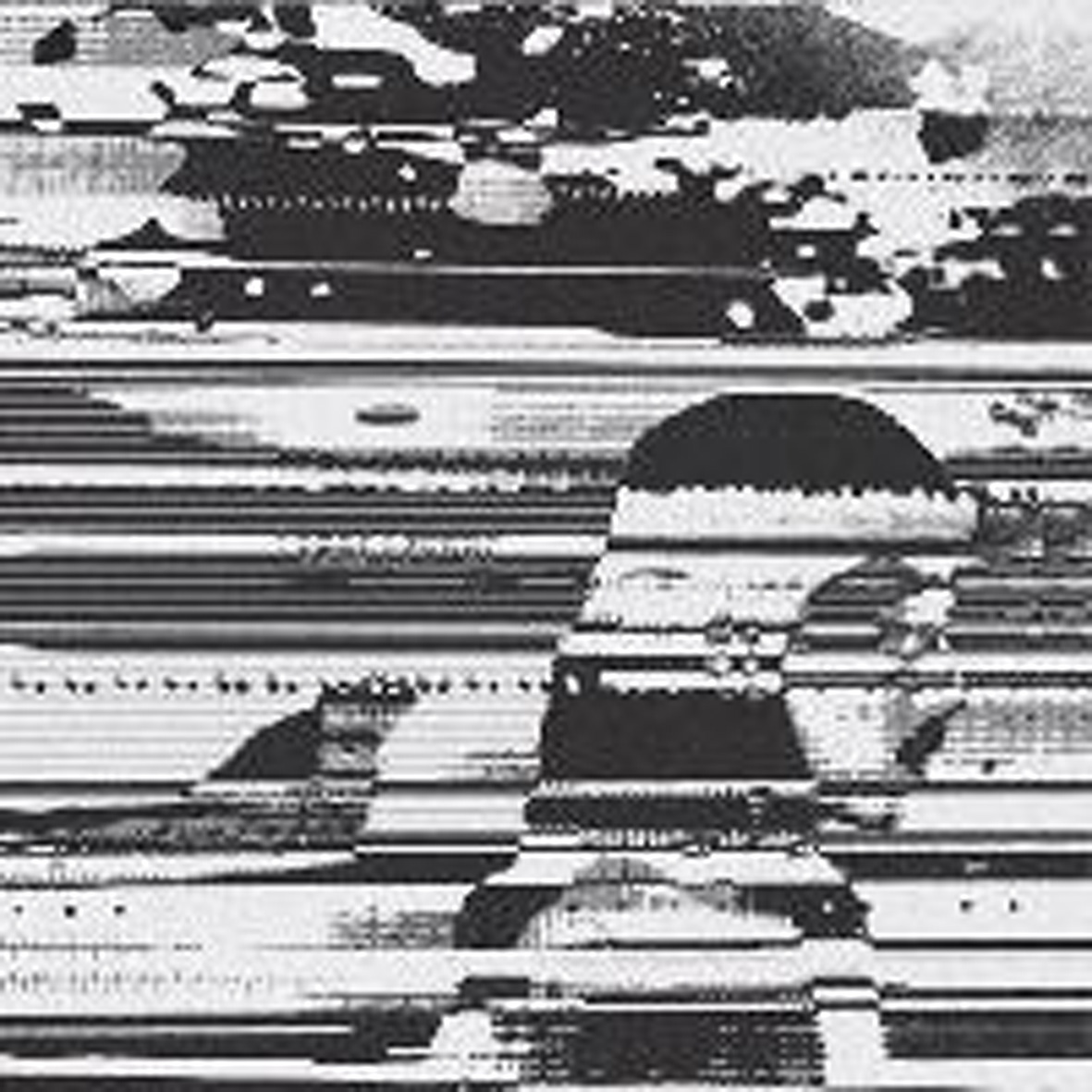 While I certainly would not complain if the endless tide of synthesizer albums were to suddenly stop completely, that does not mean that an occasional good one does not turn up every now and then.  This one, the solo debut from Jimy SeiTang (Rhyton/Psychic Ills) comes very close to being one of those albums, offering up a handful of thick, buzzing, and obsessively repeating soundscapes that sound like a mixture of John Carpenter and Krautrock.  Unfortunately, most of them either end too quickly or evolve too little to completely suck me in, but the closing piece reminded me very favorably of Popul Vuh's brilliant Aguirre soundtrack (minus all the hippy noodling), which is a high compliment indeed.
While I certainly would not complain if the endless tide of synthesizer albums were to suddenly stop completely, that does not mean that an occasional good one does not turn up every now and then.  This one, the solo debut from Jimy SeiTang (Rhyton/Psychic Ills) comes very close to being one of those albums, offering up a handful of thick, buzzing, and obsessively repeating soundscapes that sound like a mixture of John Carpenter and Krautrock.  Unfortunately, most of them either end too quickly or evolve too little to completely suck me in, but the closing piece reminded me very favorably of Popul Vuh's brilliant Aguirre soundtrack (minus all the hippy noodling), which is a high compliment indeed.
This release is a bit of a dramatic departure for SeiTang, as the bulk of his previous work has been very much in the free-form psych-rock vein: these six pieces could not possibly be less "rock," nor do they betray any clear improvisational origins.  Instead, SeiTang builds his songs from dense, throbbing, hypnotically repeating sequencer motifs with minimal added coloration.  Within those narrow constraints, however, Jimy covers fairly wide territory.  The driving, retro-futurist "Drift," for example, would not be at all out of place accompanying the opening credits of Escape From New York, while most of the other pieces are pastorally Kosmische-inspired in nature.  Jimy saves some surprises for the end of the album though, as he veers far away from his previous moods with the queasily dissonant "Athanor Ascension" and the aforementioned album highlight: the eerily melancholic ambiance of "Fade into Bolivian," which makes very effective use of artfully buried field recordings.
While that that aberrant, drone-based piece undeniably steals the show, it is probably the least distinctively "Stygian Stride" piece on the album (though Jimy's faux Carpenter excursion is a close second).  That is Stygian Stride's fundamental flaw: SeiTang is never able to fully capitalize upon what he does best, which is create very enjoyable and immense-sounding sequencer loops.  In that regard, "Taiga" is his greatest success, as its fat, insistently pulsing groove could have been the perfect foundation for an amazing long-form work.  Unfortunately, time and time again, Jimy seems content to just conjure up a great loop and allow it to repeat for several minutes with only the subtlest development before fading away.  As a result, this album is riddled with exasperating missed opportunities.  Or, more charitably, it is riddled with great promise.  At the very least, Stygian Stride still boasts one great piece, shows glimpses of vision, and sounds absolutely wonderful, but SeiTang definitely needs to go a bit deeper if he wants to create something truly substantial.
 
Read More

